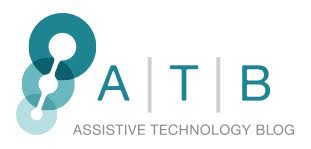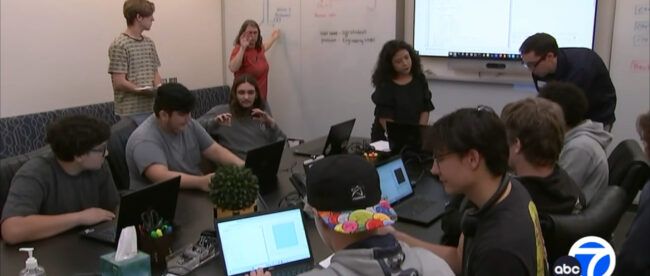California Baptist University’s Coding Camp Empowers Deaf Students through Video Game Development
At California Baptist University, a unique camp is empowering deaf students by teaching them coding through the creation of video games. The program, spearheaded by the dean of the Gordon and Jill Bourns College of Engineering, leverages American Sign Language interpreters, including some who are students themselves, to bridge the communication gap. This innovative approach allows students to engage deeply with computer science concepts, despite the challenge of translating complex jargon into sign language. The camp’s hands-on learning experience, highlighted by a project where students program a growing snake in a game, showcases the adaptability and enthusiasm of the students in grasping coding principles, even as they navigate the learning curve involved in bringing their digital creations to life.
This type of targeted coding camp could be highly replicable in other communities that have deaf schools or significant deaf populations. Universities with computer science/engineering programs could partner with local deaf schools or deaf community organizations to host similar multi-day coding camps during summer, winter breaks or weekends. Having ASL interpreters proficient in the technical jargon is key, as is designing coding projects with a visual component that deaf students can effectively grasp. The camps expose deaf students to coding in an accessible way and open their eyes to potential study and career paths they may have thought were out of reach. With the right university/community collaboration, the model could be implemented widely
Source: ABC7
ChatGPT, a potential tool for increased accessibility, was used as a research and writing aid for this blog post. Do you think this is an appropriate use of chatGPT? Why or why not? Let me know!


Leave a comment